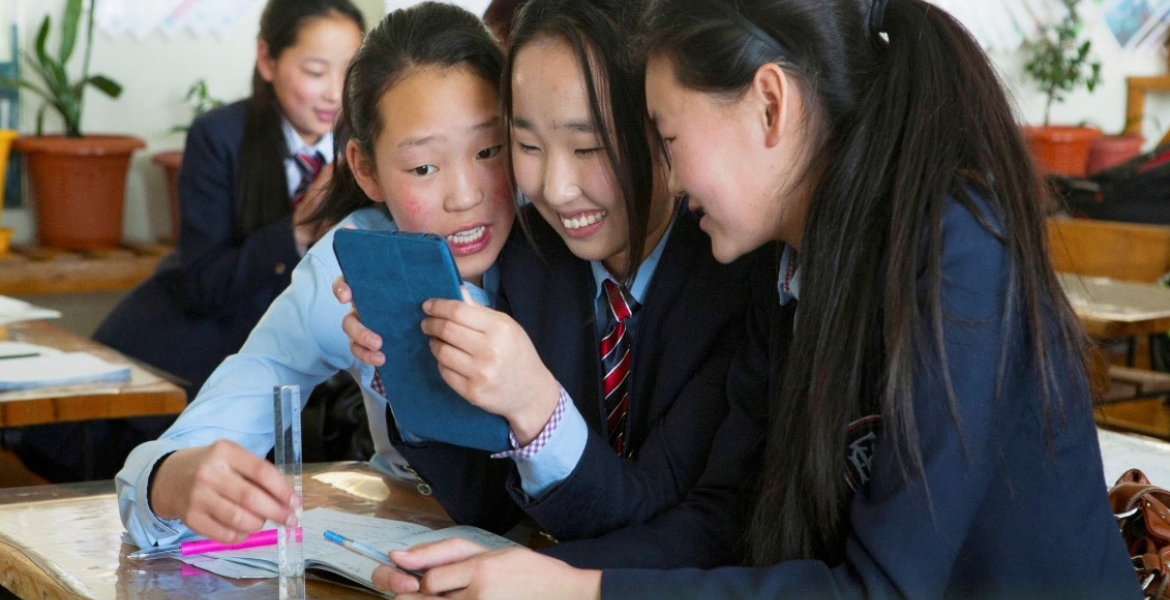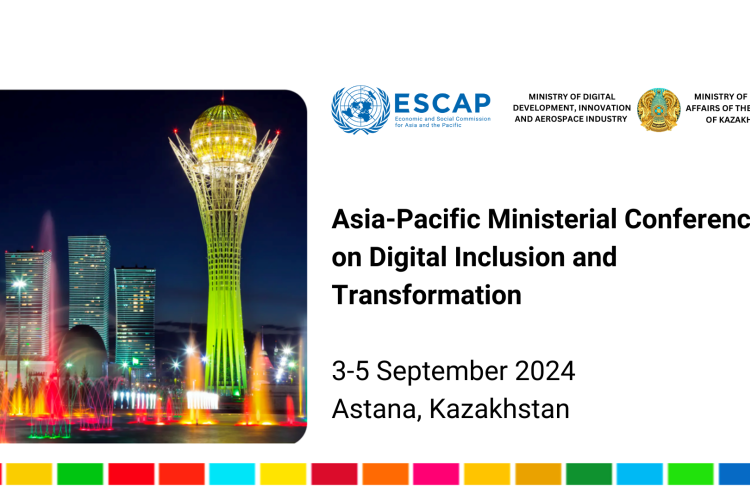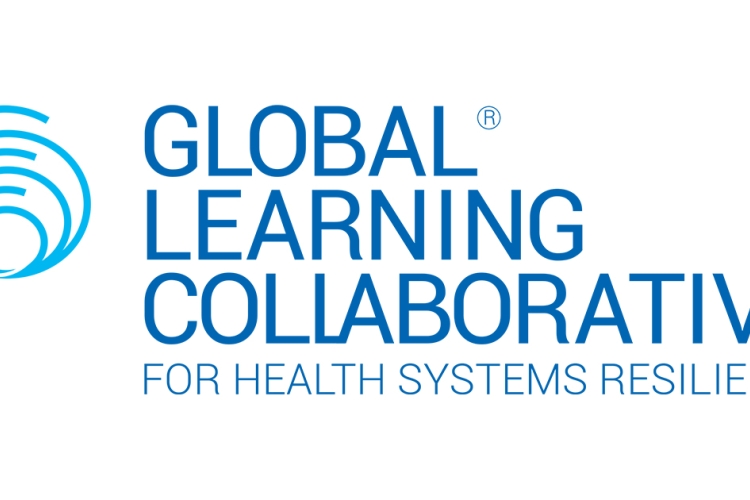Inclusive Use of Broadband Connectivity for Quality Education, Insights from Asia and the Pacific
Despite rapid technological advancements reported in some of the member countries of the United Nations Economic and Social Commission for Asia and the Pacific (ESCAP), rural schools in developing countries are left largely unconnected and under-resourced. The slow progress poses two challenges.
First, inclusive development in the age of digital transformation would require broad-based access to information and communications technologies (ICTs), as well as the knowledge and capacity to use them, so that public services and information, now mostly delivered on electronic media, could reach and be used by all. Social network platforms, for example, are now increasingly used to influence policy- and decision-making processes across the region, and as such, it would be a major challenge for those in remote and rural areas to gain access and capacity to participate on these platforms.
Second, many developing countries have started embracing more advanced digital technologies, such as artificial intelligence, big data and the Internet of things. Unless school connectivity and ICT education in rural areas are prioritized, the students and people in unconnected rural communities would be left further behind from the digital transformation.
The development of broadband connectivity has increased access to the Internet across Asia and the Pacific, which has enabled widespread digital innovation with influence across multiple sectors. However, in the developing region of Asia-Pacific, broadband penetration remains fairly low and therefore, its numerous benefits untapped. After over a decade, still less than 15 per cent of the population has access to the Internet, particularly in the small landlocked and island nations of the region. Limited broadband connectivity in remote and rural areas is one of the main concerns among developing countries.
To tackle this digital divide, ESCAP has embarked upon the Asia-Pacific Information Superhighway (AP-IS) initiative to develop the broadband connectivity in the region and provide inclusive access to broadband for all. The goals of the AP-IS initiative intentionally align with those of the United Nations Sustainable Development Goals (SDGs). According to the Broadband Commission’s 2017 report on Digital Skills for Life and Work, the respective goals of reducing digital inequality and educational inequality (under SDG 4) are in tandem with and reinforce one another. In particular, ICT in education has the potential to fully apply inclusive access to broadband connectivity to create real impact in education and for advancing both goals.
This working paper aims to highlight how some of the Asia-Pacific member States have successfully leveraged ICT, including broadband Internet access, to improve their education systems and enhance the quality of teaching and learning. The paper provides a brief analysis of seven case studies from four Asia-Pacific countries – Bangladesh, Kazakhstan, Mongolia and the Philippines – highlighting successful initiatives that have been achieved through leadership, entrepreneurial innovation and public-private partnerships. Selection of the country case studies for this working paper was driven by the availability of data and previous studies on the education system and ICT development in the countries.
The report can be downloaded at: https://www.unescap.org/resources/inclusive-use-broadband-connectivity-quality-education-insights-asia-and-pacific






